
Top 5 Sleeping Positions for Back Pain
Dealing with back pain can be a hassle, especially at night. Back pain can make it difficult for you to find a comfortable sleeping position which may eventually lead to sleep deprivation or worse, a sleep disorder. Not to mention, some medications for back pain may also interfere with your sleep.
If you’re suffering from back pain, regardless if it’s caused by bad posture, stress, arthritis or any other medical condition, these five best sleeping positions for back pain can help you improve the quality of your sleep.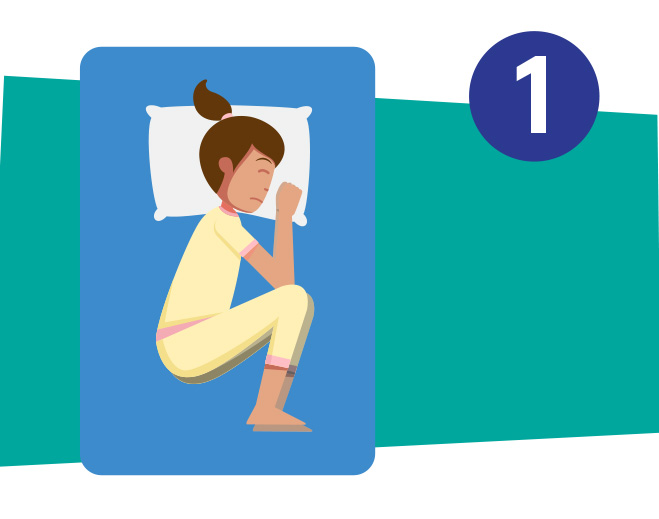
1. Lying on your side in a fetal position
This position helps open the space between your spinal vertebrae, lessen tension on your discs and prevent the spine from curving backwards.
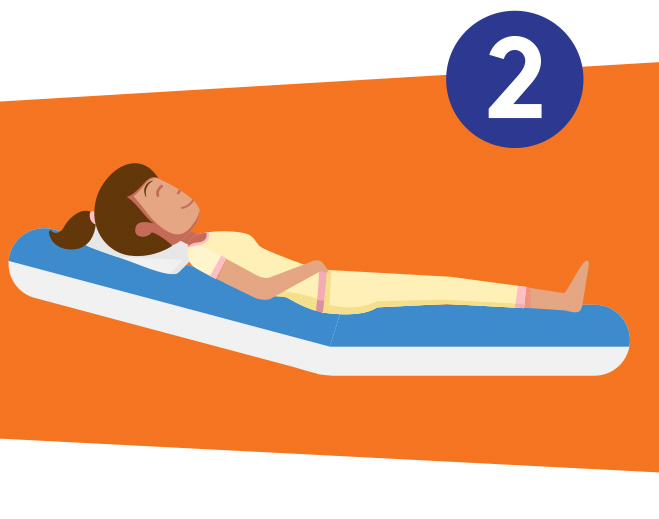
2. Lying on your back in a reclined position
Reclining helps reduce pressure on your spine and helps provide support on your back by creating an angle between your trunk and thighs.
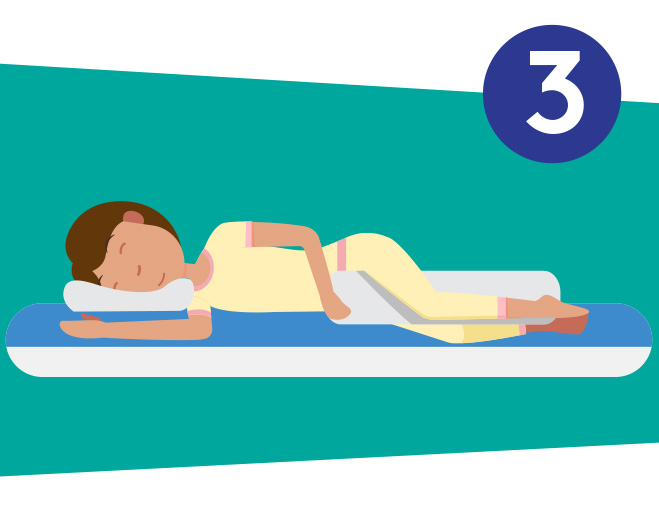
3. Lying on your side with a pillow supporting your knees
The crucial part of this position is the pillow between your knees. It helps reduce lower back pain and helps keep proper spinal alignment.
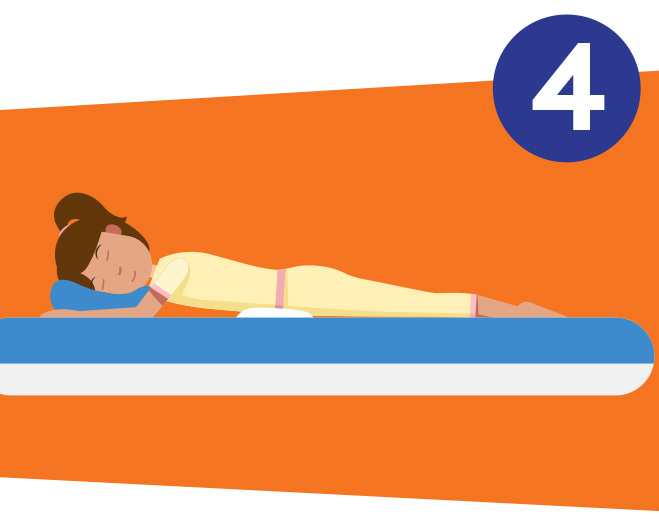
4. Lying on your stomach with a pillow below your pelvis and lower abdomen
Patients who are suffering from degenerative disc disease may benefit most in this sleeping position as it can help reduce stress that rests on the space between the discs.
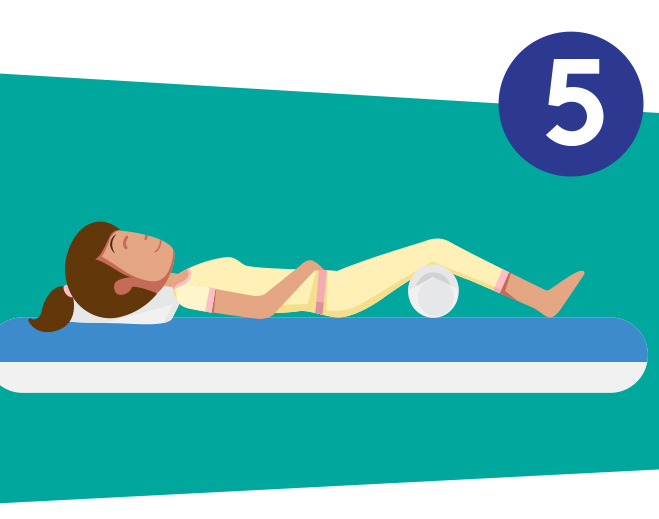
5. Lying flat on your back with a pillow underneath your knees
This position helps the back keep its natural curve, while distributing the body weight more evenly and reducing stress on the lumbar spine with the help of the pillow.
Sources:
Healthline
Sleep Foundation
If you’re suffering from back pain, regardless if it’s caused by bad posture, stress, arthritis or any other medical condition, these five best sleeping positions for back pain can help you improve the quality of your sleep.
Sleeping Positions for Back Pain

1. Lying on your side in a fetal position
This position helps open the space between your spinal vertebrae, lessen tension on your discs and prevent the spine from curving backwards.

2. Lying on your back in a reclined position
Reclining helps reduce pressure on your spine and helps provide support on your back by creating an angle between your trunk and thighs.

3. Lying on your side with a pillow supporting your knees
The crucial part of this position is the pillow between your knees. It helps reduce lower back pain and helps keep proper spinal alignment.

4. Lying on your stomach with a pillow below your pelvis and lower abdomen
Patients who are suffering from degenerative disc disease may benefit most in this sleeping position as it can help reduce stress that rests on the space between the discs.

5. Lying flat on your back with a pillow underneath your knees
This position helps the back keep its natural curve, while distributing the body weight more evenly and reducing stress on the lumbar spine with the help of the pillow.
Takeaway
Back pain itself may already affect the quality of your day-to-day performance, especially if it’s the severe kind. But that doesn’t mean it has to take a toll on the quality and duration of your sleep, too. Each person is different, and your doctor may recommend one of these sleeping positions more than another for your specific type of pain. That in turn may help improve your sleep quality as well as help improve your cognitive performance, mood and energy levels, strengthen your immune system and help protect you from chronic diseases.Sources:
Healthline
Sleep Foundation


